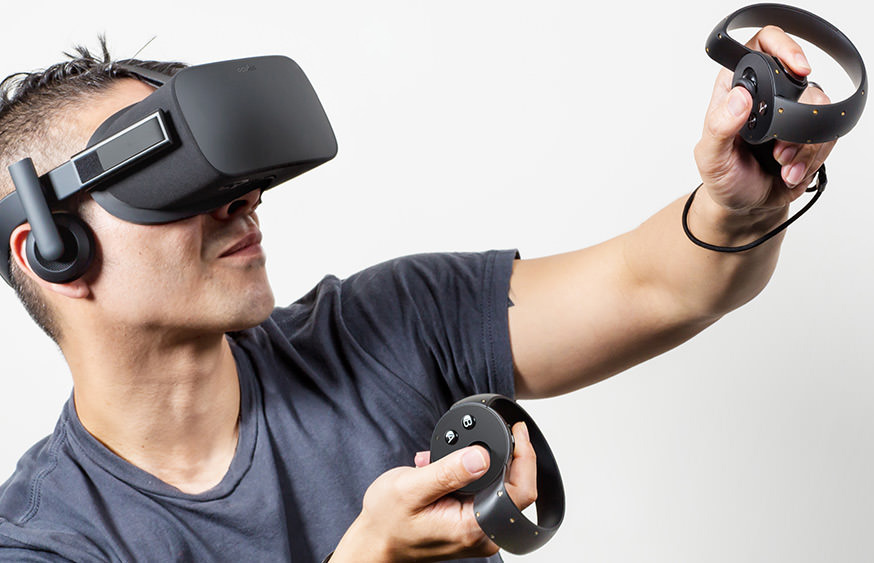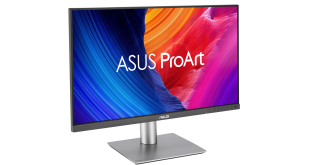Palmer Luckey, the founder of Oculus VR, claims that while virtual reality gaming will make it to the mainstream market in the future, for a couple of years down the road it will remain a prerogative of hardcore and enthusiast gamers. The VR pioneer confirms that high prices of hardware required to buy a VR gaming machine will stop many people from adopting the tech, something many analysts have predicted already.
“In these early days, probably for at least two years, VR is going to be primarily for gamers and enthusiasts that are willing to invest in high-end machines,” said Palmer Luckey, the founder of Oculus VR, in an interview with Re/Code. “VR is going to become something mainstream, but it is not going to happen right away. You just do not have the horsepower to make it happen on a device, much less a cheap enough and comfortable enough device that a normal consumer is going to want to have.”
It is noteworthy that Mr. Luckey, a number of his colleagues from Oculus VR and developers of graphics processing units, all claim that VR gaming machines will require a lot more compute horsepower than they have today. Keeping that in mind, it is not entirely clear how Sony Corp. plans to enable VR games on its PlayStation 4, which features compute power of a low-end gaming machine.

Performance and prices of hardware is not the only obstacle on the way of virtual reality gaming. Actual content has to be developed with VR in mind, virtual worlds need to be very detailed to be look like real, controls need to be intuitive and a lot of other things need to be worked out. Moreover, in addition to games, other types of content need to become available to attract casual users.
“There’s also going to be more diverse content,” said Mr. Luckey. “Right now, it is almost entirely games, because only the games industry has the tools and the talent to make immersive 3D worlds.”
In order to attract content creators to a platform, one needs to have a large installed base. Different analysts make various predictions regarding sales of the first-gen Oculus VR headset to consumers. Some believe that it will hit two million units and other think that shipments will total five or six million devices in the first year.
Oculus VR Rift virtual reality headset is expected to hit the market in 2016.
Discuss on our Facebook page, HERE.
KitGuru Says: It is obvious that in the coming years PCs will gain performance and VR gaming will become considerably more affordable. The big question is when: many companies would like to earn additional profits by selling high-end hardware to gamers, who desperately need it…
 KitGuru KitGuru.net – Tech News | Hardware News | Hardware Reviews | IOS | Mobile | Gaming | Graphics Cards
KitGuru KitGuru.net – Tech News | Hardware News | Hardware Reviews | IOS | Mobile | Gaming | Graphics Cards



the game systems are low latency by design and i have seen richard huddy talk about why latency is important and to bypass the crossfire penalty for vr with split frame rendering.
i speculate the reason why sony has shown off vr while microsoft has not is because they have more gcn cores to work with.
speaking of compute.. well where that is a concern i think the fiji gpu’s will be happy to power oculus since they run the show in terms of compute for gaming gpu’s.. right?